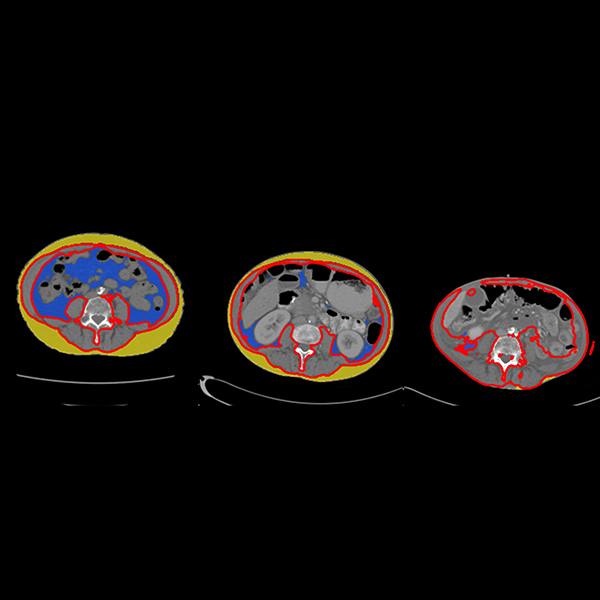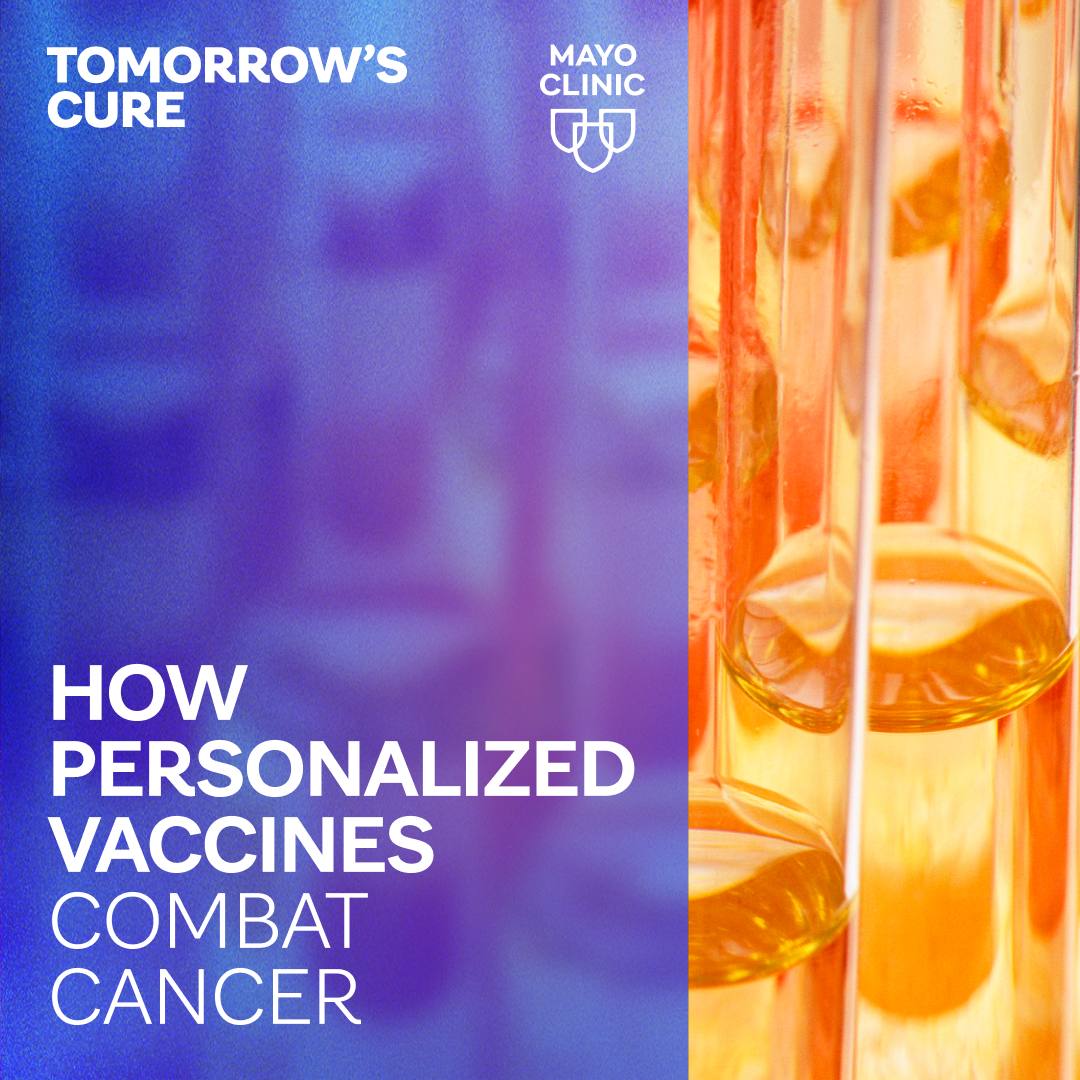-
Cancer
Mayo Clinic Q and A: Coping with cancer and the holidays

DEAR MAYO CLINIC: A close family member recently was diagnosed with cancer. I'm struggling to be positive for my loved one even though I'm concerned. Do you have any advice as we move into the holiday season to help them but also to help me manage my own emotions?
ANSWER: Any medical diagnosis can be challenging, but cancer is very emotionally laden because it can come with many cognitive, emotional, psychological, spiritual and existential conundrums and challenges. Receiving a cancer diagnosis can be challenging any time of year, but it can be particularly trying during the holiday season since the holidays can trigger unique emotions.
Holidays are a time for reflection and planning for the future, but cancer forces us to think about things we generally don't think about, which may be more prevalent around holidays.
People often report that they struggle more with their emotions during the holidays because they focus on joy and opportunities for the future. Some people use the holiday season and the beginning of a new year to review goals or plans. But when a loved one is dealing with a potentially life-ending or life-changing condition, at the very least it colors how people perceive the future and how one may function. The absence of other family members at holiday gatherings can bring feelings of grief or loss to the forefront, creating more stress.
While everyone's situation is different — and not every problem has a solution — focusing on what you can control can help you cope.
Consider the following suggestions:
- Talk with your loved one about what details they wish to share about their diagnosis and journey. It is a personal decision. But be mindful not to treat your loved one like a cancer patient. Changes in appearance, ability, energy and personality can induce mixed feelings in the person with cancer and others, so don't call them out at a gathering.
- Anticipate potential problems that might arise during the holiday season and plan ahead. This strategy might include having the name of a health care professional who can help if something occurs while the patient is traveling away from home.
- Adjust traditions. Consider how your loved one is coping with their cancer diagnosis and treatment. Talk with your family about opportunities to create new traditions in consideration of what your loved one may be able to do or wants to do. For instance, if your family member has always hosted a party for the family, but now they are struggling with symptoms that make it difficult to eat — let alone cook for others — ask someone else to entertain.
No matter how cancer is affecting you during the holidays, consider a problem-solving approach to coping:
- If you take medication for depression, anxiety, or another mental health condition, refill your prescriptions before the holidays. If you feel your medication dose needs to be adjusted, talk to your mental health care professional before the holidays. Ask if you will be able to get any as-needed medications while out of town.
- If you don’t have a mental health diagnosis but feel you might need mental health support over the holidays, talk to your health care professional and create a plan for medication management or talk therapy if needed.
- Talk to a pastor, a rabbi, an imam or a counselor in your faith community.
- To help you manage the stress and uncertainty, consider joining a support group or finding a mental health professional to discuss your concerns. Seek out stress management education resources
- Have the phone numbers of at least three people you can talk to at any time if you find yourself in distress.
- Create a happy memory box. Fill a box with photos, mementos or objects that remind you of joyful experiences. When feeling down, take out the box, look at its contents and try to recreate that joy with your memories.
- Fight loneliness, especially if you live alone. Make plans with people. Go to an event or activity with friends or family, even if it’s only for a brief period of time.
- Participate in activities that you find relaxing and restful.
- Use a free or low-cost stress-management or meditation app on your phone.
- Take advantage of any health and wellbeing resources offered by your employer.
- Visit your local library to find books on stress relief and resilience, such as the Mayo Clinic Handbook for Happiness.
There is no one-size-fits-all approach to coping with cancer over the holidays. The challenges of a cancer diagnosis and its treatment vary from person to person, as do the resources you find helpful to deal with those challenges. What works for others might not work for you.
Your coping strategy should match your reality. And if you already have a full plate during the holidays, don't add to it. If you need to decline event invitations because it will create more anxiety, then feel free to say no. Most importantly, take care of yourself. Eat a healthy diet. Exercise. Sleep. Maintaining your wellness will make you a more effective support for your loved one. — Dr. Shehzad Niazi, Psychiatry, Mayo Clinic, Jacksonville, Florida







